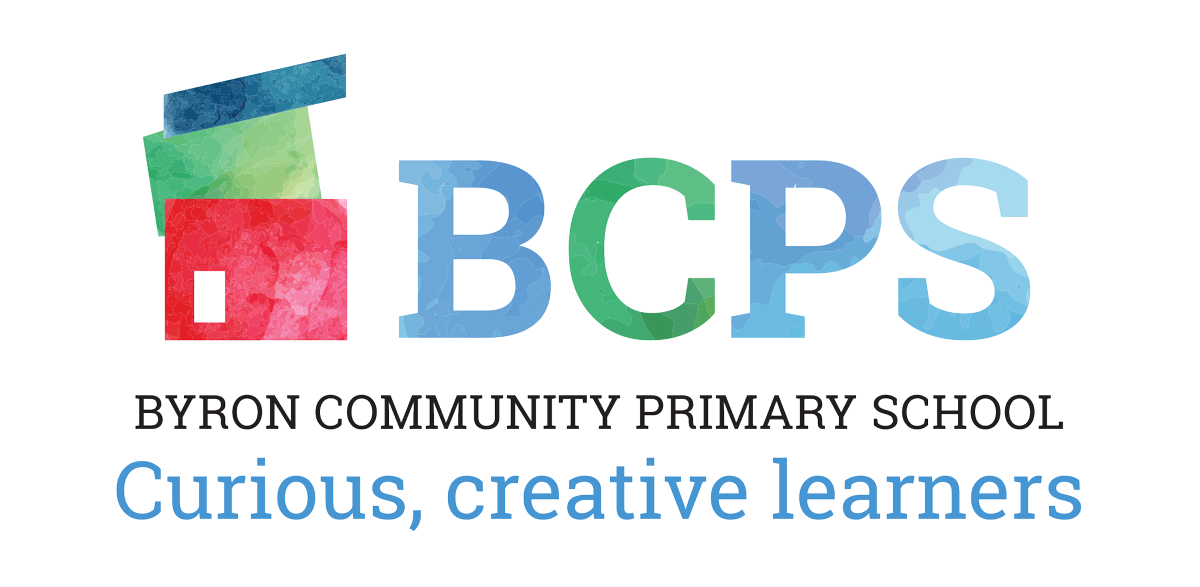Restorative Practices
We are a community school – a community built on strong, healthy relationships. Positive relationships between students, staff and parents is important and realised through Restorative Practice.
Restorative Practice is a social science that offers proven strategies for strengthening and repairing relationships. These proactive, responsive strategies provide the means to develop, repair and maintain healthy relationships that are the foundation of healthy communities.
What does this look like at our school?
We use affective statements:
Day-to-day experiences impact us and evoke feelings. When someone shares an energetic “good morning”, the positive impact can be contagious. Conversely, unfavourable interactions can elicit adverse feelings and impact. Knowing how to express your feelings, positive or negative, is a crucial step in fostering healthy group dynamics.
Affective statements are used to acknowledge success, effort, collaboration or any other desirable behaviour. “I was really happy that you worked hard for the whole lesson today.”
Similarly, when a behaviour causes concern, a specific and emotive response is used. “When I saw you push past people to get to the front of the line, I was worried that someone was going to get hurt.”
We use affective questions:
Conflict is an integral part of life. There will always be misunderstandings, competing needs and interests and differences of opinion. We see conflict as an opportunity to foster learning and build better relationships. We make a distinction between punishment and natural or restorative kinds of consequences. Through the use of affective questions, the inappropriate behaviour is addressed in a way that asks students to think for themselves about their actions and to reflect on how they affect other people.
WHEN THINGS GO WRONG
What happened?
What were you thinking of at the time?
What have you thought about since?
Who has been affected by what you have done?
In what way have they been affected?
What do you think you need to do to make things right?
WHEN PEOPLE ARE AFFECTED
What did you think when you realised what had happened?
What impact has this incident had on you and others?
What has been the hardest thing for you?
What do you think needs to happen to make things right?
We use small impromptu conversations
Small impromptu conversations are a way to support positive behaviour and to address concerning behaviour. Using affective language, we can talk about the behaviours that we want to increase. For example, “I couldn’t help but smile when I saw you pick up that rubbish. Thanks for keeping our school environment clean”. Likewise, an impromptu conversation where affective question are used allows each student to reflect on how they may have added to a conflict and then each can say how they want the situation to be resolved. The teacher plays the role of facilitator rather than simply a disciplinarian.
We use circles
As a symbol of community, circles are one of the most distinctive and flexible forms of restorative practice. Just sitting in a circle can create a feeling that a group of people is connected. Circles are a powerful process to proactively build bonds and community.
Proactive Circles
Proactive circles purposely and explicitly build connections and community:
Check in: At the beginning of class the teacher may do a go-around in which each student responds to a question like: “How are you feeling today?”
Check out: At the end of the day the teacher may do another go-around and ask a question such as: “What is one thing you learned today?”
Classroom norms: Using circles allows for a collaborative process with shared responsibility and ownership. Questions that may be asked include: “What helps you to learn while you are in class?”; “What stops you from learning?” or “How should we respond if someone fails to keep our class agreements?”
Classroom content: Academic content can be a focus using circles with teachers asking questions like: “Share one thing you know about …. And one thing you would like to know….?”
Academic goals: The circle can serve as a tool for students to establish a plan for their learning: “What is your goal for class this week?”; “What is something you need in order to get your work done today?”
Addressing behaviours proactively: Another useful application of proactive circles is in preparation for an upcoming event: “ What do you think is the appropriate way to act on our excursion?”
Responsive Circles
These are designed to address conflict and are used to address incidents that have occurred or concerns that have developed in the community. Responsive circles bring together the relevant members of a group to collectively address issues that have an impact on their safety or learning.
We use formal conferences
These restorative conferences are formal responses to wrongdoing where all those involved and affected by an incident come together with a staff facilitator to explore what happened, who was affected and what needs to be done to make things right. A formal conference is not a routine classroom process run by the teacher, like circles, but is usually organised by the Principal.

